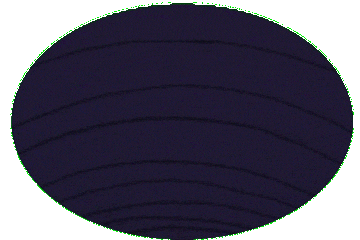Ceylon
Sri Lanka, officially the Democratic Socialist Republic of Sri Lanka, formerly known as Ceylon, is an island country in South Asia. It is located in the Indian Ocean, southwest of the Bay of Bengal, and is separated from India by the Gulf of Mannar and the Palk Strait. Sri Lanka shares a maritime border with the Maldives to the southwest and India to the northwest, and lies across the Bay of Bengal from Bangladesh and Myanmar to the northeast and the Andaman and Nicobar Islands of India to the east. Its capital is Sri Jayawardenepura Kotte, while Colombo is its largest city and the political, financial and cultural centre. Sri Lanka's population is 22 million; with the Sinhalese people, who speak the Sinhala language, forming the vast majority—while Tamil is spoken by the large Tamil minority. Other long-established ethnic groups include the Moors, Indian Tamils, Burghers, Malays, Chinese, and Vedda. The island has a documented history of over 3,000 years, with evidence of prehistoric human settlement dating back 125,000 years. Sri Lanka has been given various names throughout its long history, with Ceylon most notably being used prior to its independence. The earliest known Buddhist writings in the island, known collectively as the Pali Canon, date back to 29 BCE. Sri Lanka, owing to its strategic geographical location, played a role as a major trading hub, and was well known to explorers across the world as early as the Anuradhapura period. The Portuguese Empire established a colony in the sixteenth century, during a period of political upheaval in the Kingdom of Kotte where it also faced attacks from neighboring kingdoms of Kandy and Sitawaka. Following the Sinhalese–Portuguese War, the Dutch colonial empire controlled the coastal areas. By the early 19th century, the British Empire established a colony on the island, which lasted until 1948. The early 20th century saw the rise of nationalist movements and increasing calls for independence. In 1948, Sri Lanka gained independence as the Dominion of Ceylon, eventually becoming a republic in 1972. Sri Lanka's recent history has been marred by a prolonged civil war between the Tamil separatist militant organisation of Liberation Tigers of Tamil Eelam and the Sri Lankan Armed Forces, which lasted from 1983 to 2009, and ended with the defeat of the separatists. In the 21st century, Sri Lanka has emerged as a developing country, with a strategically important geographical location in the Indian Ocean, with its deep harbors giving it significant geopolitical leverage as a major trading post from the ancient Maritime Silk Road. It has the highest level of human development in South Asia and the second-highest GDP per capita in the region. Sri Lanka has a long history of International engagement and cooperation, and is a member of several international organisations—including SAARC, the G77, the Non-Aligned Movement and the Commonwealth of Nations.
This article uses material from the Wikipedia article "Sri Lanka", which is released under the Creative Commons Attribution-Share-Alike License 3.0.
References
| Title | Summary | |
|---|---|---|
| Postage Stamp Honors Harry Nilsson (April Fools, 2003) | ... protectorate and dependency of Ceylon , it regained its ... | |












